LATEST NEWS
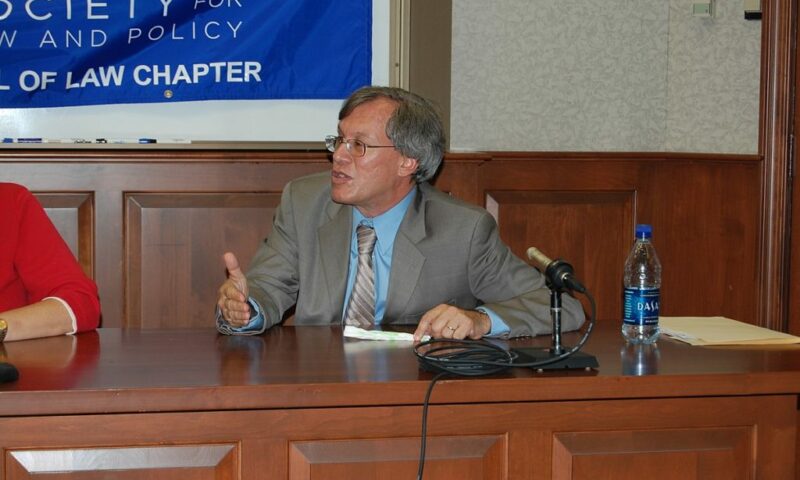
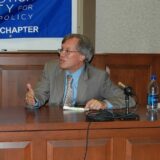
The constitutional scholar discusses Donald Trump’s tumultuous first year, and what may lie ahead. “It’s very frightening to me,” Chemerinsky tells Capital & Main.


In Sam Steiner’s futuristic play, a new law limits conversation between people to 140 words a day. How will they get around this ration?


Co-published by International Business Times
Justice Stephen Breyer has said a case pending before the Supreme Court could cut out “the entire heart of the New Deal.” It could also enrich the Trump Organization.


Photographer Ted Soqui documents life in a Haitian refugee center on the outskirts of Tijuana. Barred from entering the U.S., the Haitians live near a polluted stream but are building new living spaces on a church’s property.


50 years after his death, Martin Luther King Jr.’s teaching on nonviolent direct action are as relevant as ever.
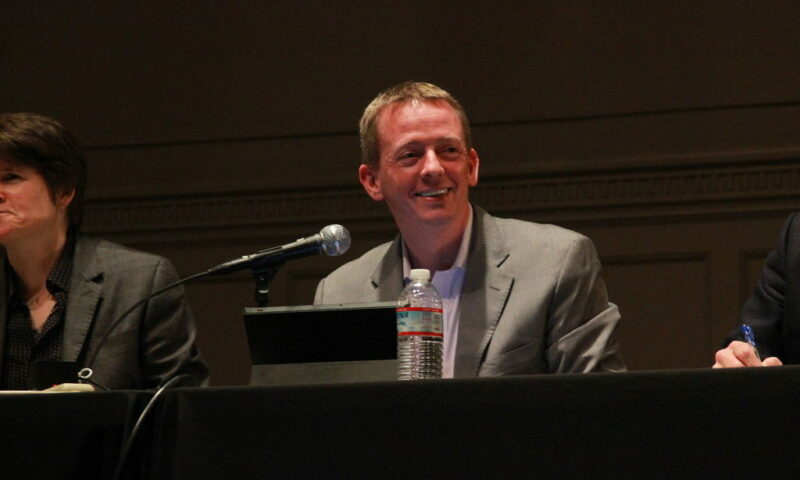
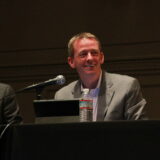
On the latest episode of “The Bottom Line” podcast, David Rolf of the SEIU explains why worker advocates need to move to a different model.


A new report shows that California, with its higher minimum wage, Medicaid expansion and ambitious climate policy, has done better than 19 Republican-led states with lower taxes and fewer regulations.


Co-published by International Business Times
The U.S. Attorney General threw a curveball to California’s nascent marijuana industry by rescinding a tolerant federal policy known as the Cole Memo.


Chances are you’ve never heard of Susan Burton. Yet her A New Way of Life organization has provided shelter and services to thousands of formerly incarcerated women and their children.
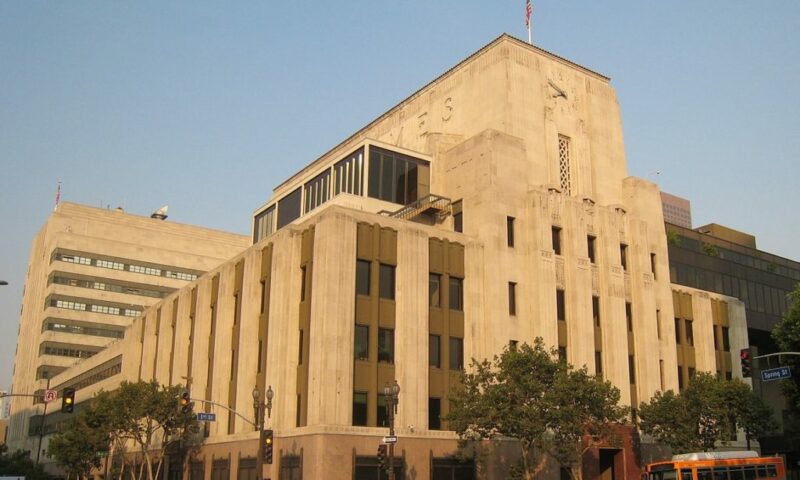

Thursday’s vote by Los Angeles Times editorial staffers to choose or reject unionization was overseen by the National Labor Relations Board at the paper’s downtown building and Orange County offices.


Today, over 350 Los Angeles Times reporters and editorial staff will vote on whether to allow NewsGuild CWA to represent them at the famously anti-union company.
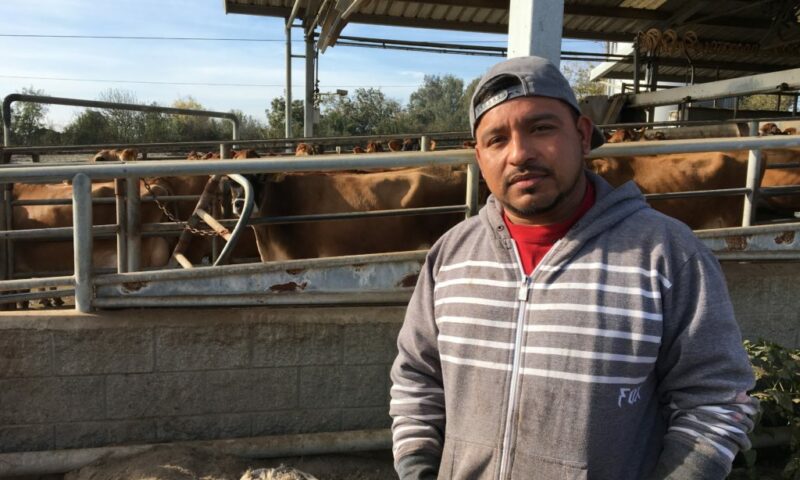

A new Congressional bill would reduce a broad range of agriculture workers to the status of “guest workers.” California’s dairy owners are ecstatic. Co-published by International Business Times.


Perhaps no year in living memory presented greater challenges and opportunities to the press than 2017, and Capital & Main was no exception.


The political journey between good intentions and the statute book was twisted even by Sacramento standards in 2017. But there was more — much more.


Today we continue our look back at 2017 through Capital & Main’s photos and stories.
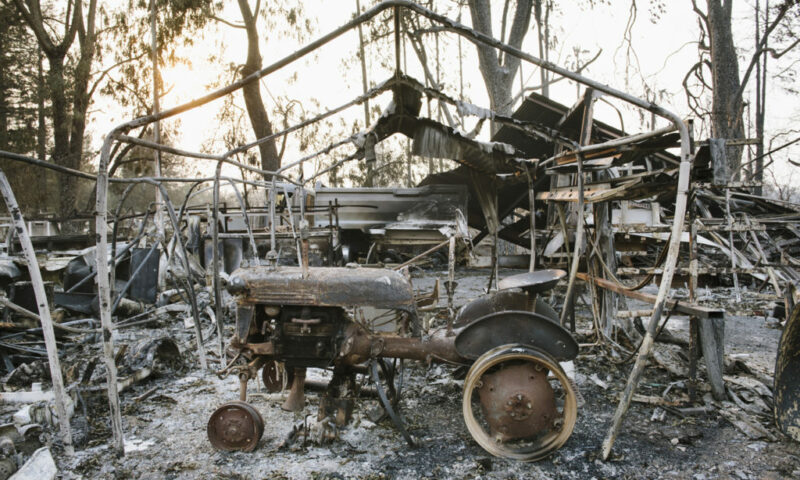
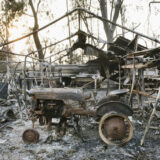
With the first tumultuous year of Donald Trump’s presidency winding down, Capital & Main looks back at the images and stories we presented over the last 12 months.


Winter festivals emphasize family and home, core strengths of every society. In our communities we guard ourselves against the long darkness. We hold out signs to one another that we can withstand these worst of days.
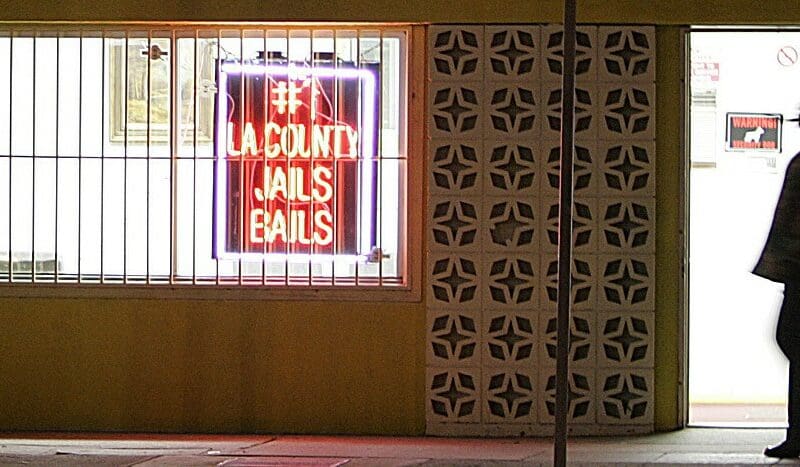
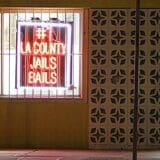
A UCLA report says the state’s money bail system takes “tens of millions of dollars annually in cash and assets from some of L.A.’s most economically vulnerable persons, families and communities.”


In a special edition of The Bottom Line podcast, the hit sitcom creator zeroes in on a topic that has long interested him: business and its connection to society.


New federal data show that America’s homeless population has increased for the first time since 2010.